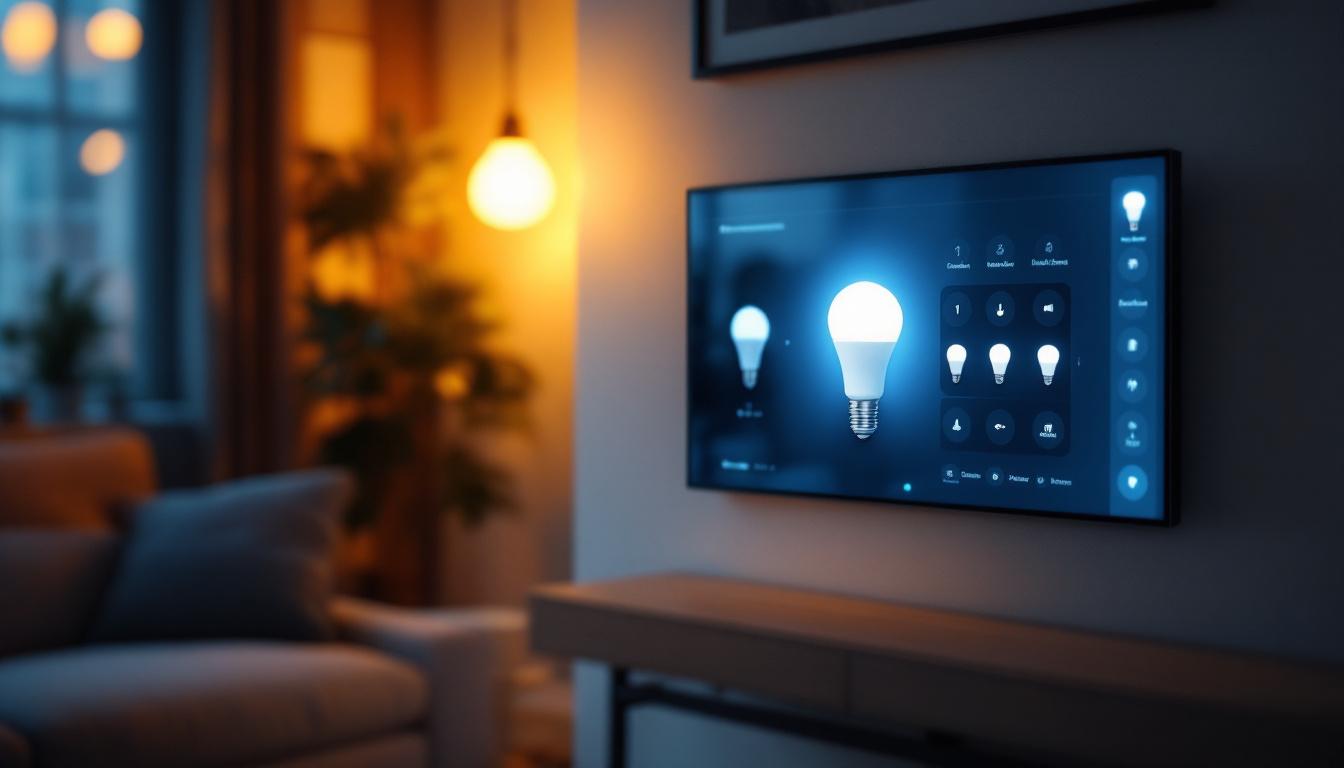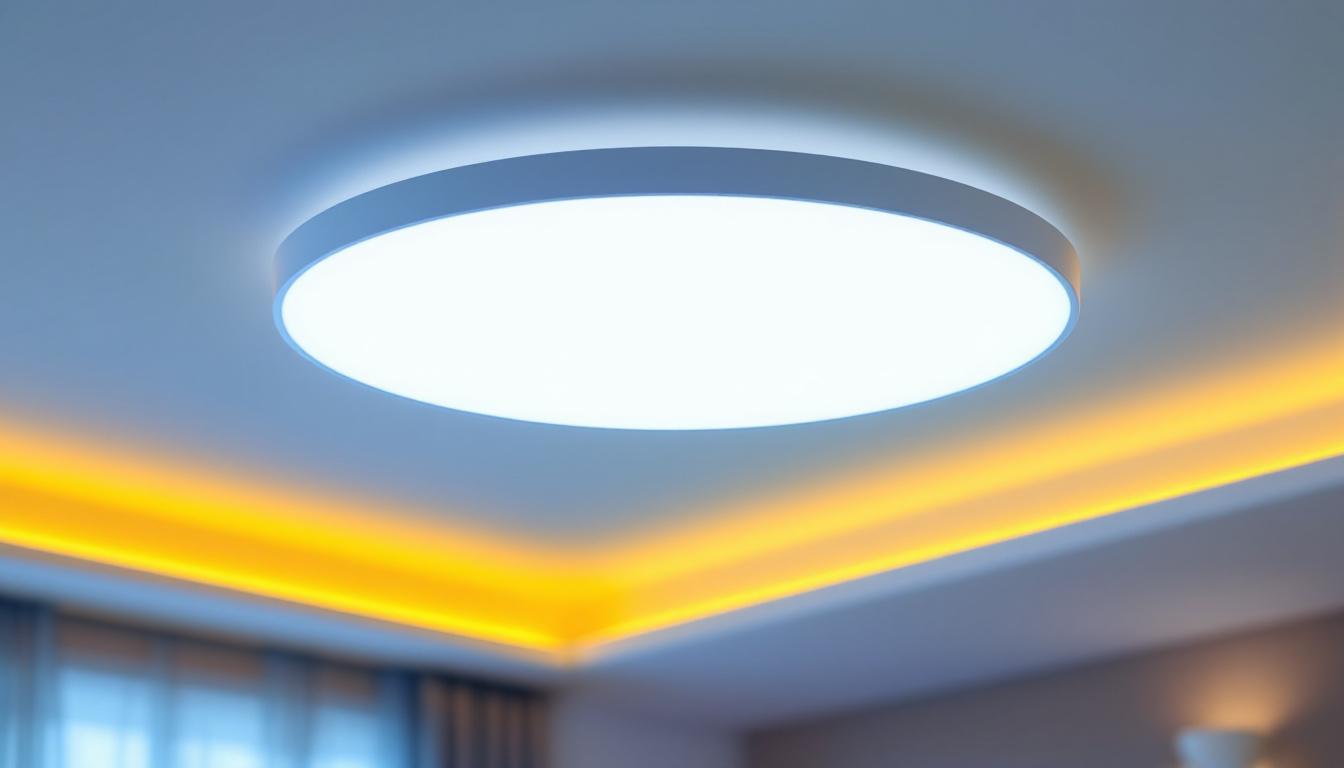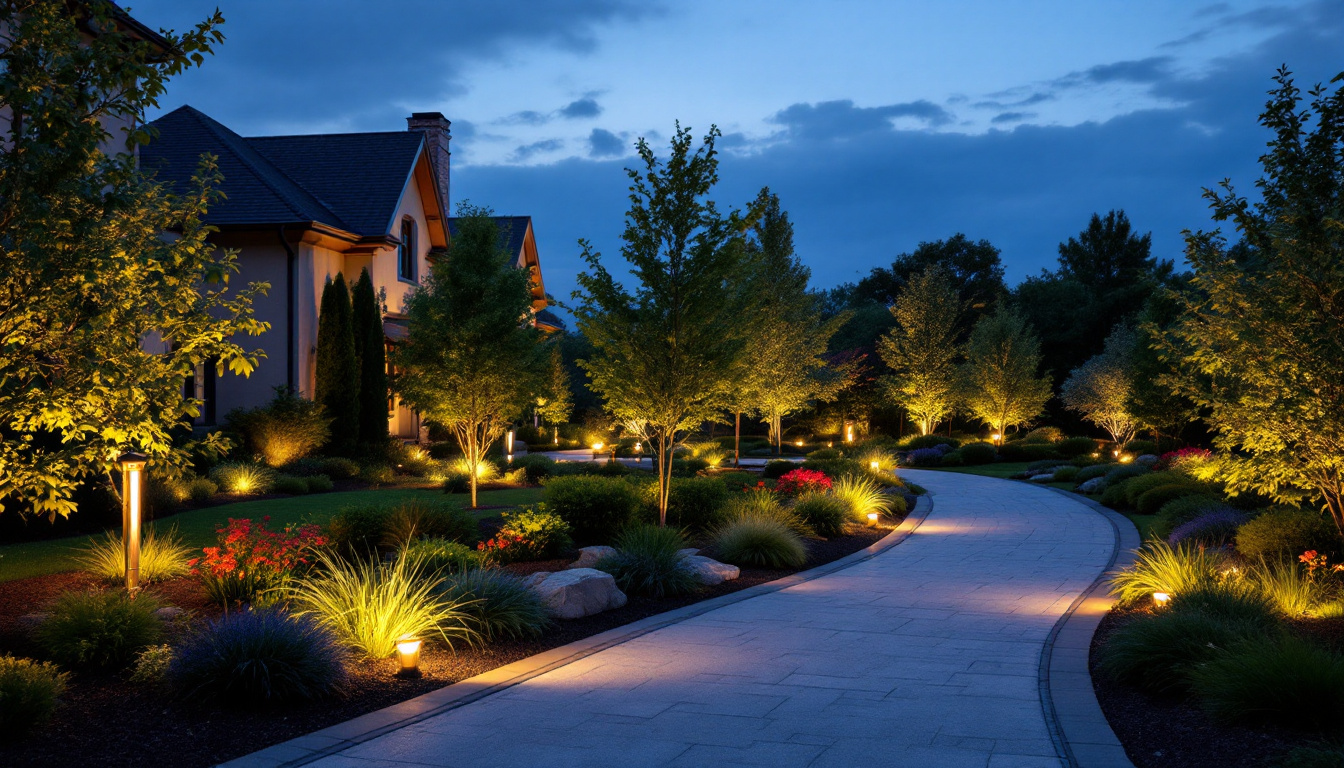
As technology continues to evolve, the demand for smart home solutions has surged, and lighting control is at the forefront of this transformation. For lighting contractors, understanding smart home light controllers is essential to meet client expectations and stay competitive in the market. This article delves into the intricacies of smart home light controllers, providing valuable insights and practical knowledge for lighting professionals.
Smart home light controllers are devices that enable users to manage their lighting systems remotely or through automation. These controllers can be integrated with various smart home technologies, allowing for enhanced control, energy efficiency, and convenience. They typically connect to a home’s Wi-Fi network, enabling users to operate lights via smartphones, tablets, or voice commands.
There are several types of smart light controllers available on the market, each designed to cater to different user needs and preferences. Understanding these types can help lighting contractors recommend the best solutions to their clients.
1. **Smart Switches and Dimmers**: These replace traditional light switches and allow users to control lighting levels and schedules. They often come with features such as dimming capabilities and remote access. Smart switches can also be programmed to respond to specific events, such as turning on automatically at sunset or adjusting brightness based on the time of day.
2. **Smart Bulbs**: These are LED bulbs with built-in smart technology, enabling direct control without the need for additional hardware. They can change colors, adjust brightness, and even sync with music. Some smart bulbs also have features like scheduling and geofencing, which allows them to turn on or off based on the user’s location, providing an added layer of convenience and security.
3. **Smart Lighting Hubs**: These devices serve as a central control point for various smart lighting products. They allow for seamless integration and automation across different brands and types of lighting. A smart hub can also manage other smart devices in the home, creating a unified system that enhances overall functionality and user experience.
When selecting smart home light controllers, several key features should be taken into account. These features not only enhance user experience but also ensure compatibility with existing systems.
1. **Compatibility**: Ensure that the smart controller is compatible with various lighting fixtures and other smart home devices. This includes checking for compatibility with popular ecosystems like Amazon Alexa, Google Assistant, and Apple HomeKit. Compatibility with third-party applications can also expand the functionality of the lighting system, allowing users to integrate it with their favorite smart home routines.
2. **User Interface**: A user-friendly interface is crucial for client satisfaction. Look for controllers that offer intuitive apps or voice control options that simplify operation. The ability to customize settings and create scenes that reflect different moods or activities can significantly enhance the user experience, making it easier for homeowners to enjoy their lighting systems.
3. **Automation and Scheduling**: Many smart controllers offer automation features, allowing users to set schedules for lighting based on their daily routines. This can enhance energy efficiency and security. For example, users can program lights to mimic their presence at home while they are away, deterring potential intruders. Additionally, advanced automation can include features like motion detection, where lights turn on automatically when someone enters a room, providing both convenience and energy savings.
Integrating smart light controllers into residential or commercial projects can provide numerous benefits, making them an attractive option for clients. Lighting contractors should be aware of these advantages to effectively communicate them to potential customers.
One of the most significant benefits of smart light controllers is their potential for energy savings. By allowing users to schedule lights to turn off when not in use or automatically dim during daylight hours, these systems can significantly reduce electricity consumption. This not only lowers utility bills but also contributes to a more sustainable environment.
Smart home light controllers offer unparalleled convenience. Users can control their lighting from anywhere using a smartphone app, making it easy to adjust settings on the go. Additionally, voice control capabilities allow for hands-free operation, which is particularly beneficial for individuals with mobility challenges.
Smart lighting systems can enhance home security by allowing homeowners to simulate occupancy. By programming lights to turn on and off at random intervals, it creates the illusion that someone is home, deterring potential intruders. This feature is especially appealing to clients concerned about safety.
For lighting contractors, proper installation of smart home light controllers is crucial for optimal performance. Understanding the installation process and potential challenges can lead to successful project outcomes.
Before installation, it’s essential to assess the existing wiring and ensure compatibility with the chosen smart controller. Some smart switches require a neutral wire, while others do not. Contractors should familiarize themselves with the specific requirements of the devices they plan to install.
Smart light controllers rely on a stable Wi-Fi connection for remote access and automation. Contractors should ensure that the installation site has adequate Wi-Fi coverage and consider using range extenders if necessary. Additionally, setting up a dedicated network for smart devices can enhance security and performance.
After installation, thorough testing is essential to ensure that all components function as intended. Contractors should verify that the smart controllers respond to commands and integrate seamlessly with other smart home devices. In case of issues, having troubleshooting skills is vital to address common problems such as connectivity issues or app malfunctions.
Smart home light controllers can be integrated with various other home automation systems, creating a cohesive and efficient smart home environment. Understanding these integrations can help contractors provide comprehensive solutions to their clients.
Integrating smart lighting with home security systems can enhance overall safety. For example, lights can be programmed to turn on automatically when security cameras detect motion, providing immediate illumination and deterring potential intruders. This integration adds an extra layer of security and peace of mind for homeowners.
Smart thermostats can work in conjunction with smart lighting systems to optimize energy usage. For instance, lights can be programmed to dim or turn off when the thermostat detects that no one is home, further conserving energy. This synergy not only improves efficiency but also simplifies user control over their home environment.
For clients who enjoy home entertainment, integrating smart lighting with audio-visual systems can enhance the viewing experience. Lights can be programmed to dim automatically when a movie starts or change colors in sync with music, creating an immersive atmosphere. This feature can be a significant selling point for clients looking to elevate their entertainment spaces.
While smart home light controllers offer numerous benefits, there are challenges that lighting contractors may encounter during installation and integration. Being aware of these challenges and having solutions at hand can lead to smoother project execution.
One common challenge is connectivity issues, which can arise from weak Wi-Fi signals or network congestion. To mitigate this, contractors should conduct a site survey to assess Wi-Fi strength and recommend solutions such as range extenders or mesh networks to ensure reliable connectivity throughout the home.
Clients may struggle to understand how to operate their new smart lighting systems effectively. Providing thorough education during and after installation is essential. Contractors should offer demonstrations and create user-friendly guides that outline basic functions, troubleshooting tips, and maintenance recommendations.
With a wide range of smart lighting products available, compatibility can be a concern. Contractors should stay informed about the latest products and technologies to ensure they recommend compatible solutions. Additionally, conducting research on the specific devices clients already own can help avoid compatibility issues.
The smart lighting industry is continually evolving, with new technologies and trends emerging regularly. Staying informed about these trends can help lighting contractors remain competitive and offer cutting-edge solutions to their clients.
As artificial intelligence (AI) and machine learning technologies advance, smart lighting systems are becoming more intuitive. Future systems may learn user preferences and automatically adjust lighting based on individual habits, creating a personalized experience. Contractors should keep an eye on these developments, as they could significantly impact the future of smart lighting.
With the growing emphasis on sustainability, integrating smart lighting systems with renewable energy sources such as solar panels is becoming increasingly popular. This integration can enhance energy efficiency and reduce reliance on traditional power sources, making it an attractive option for eco-conscious clients.
The user experience is paramount in smart home technology. Future trends may see the development of more sophisticated user interfaces, including augmented reality (AR) applications that allow users to visualize and control their lighting in real-time. Contractors should remain adaptable and open to learning about new technologies that can enhance user interaction.
Smart home light controllers represent a significant advancement in lighting technology, offering numerous benefits for both homeowners and lighting contractors. By understanding the various types of controllers, their features, and the integration possibilities, contractors can provide valuable solutions that meet client needs.
As the industry continues to evolve, staying informed about emerging trends and technologies will be essential for success. By embracing smart lighting solutions, contractors can enhance their service offerings, improve client satisfaction, and position themselves as leaders in the ever-changing landscape of smart home technology.
Ready to elevate your lighting projects with the latest smart home light controllers? At LumenWholesale, we provide lighting contractors like you with the highest quality, spec-grade lighting products at unparalleled wholesale prices. Say goodbye to middleman markups and hello to a vast selection of reliable, high-performance lighting solutions that meet rigorous industry standards. Plus, with free shipping on bulk orders, you can stock up on premium lighting at the best value — without any hidden fees. Don’t compromise on quality or cost; choose LumenWholesale for a seamless blend of excellence, affordability, and convenience. Wholesale Lighting at the Best Value is just a click away.

Discover the hidden techniques lighting contractors use to master halide lights.

Discover how flat ceiling light fixtures can significantly enhance safety in your home or office lighting installations.

Discover expert strategies for overcoming common challenges in landscape outdoor lighting projects.

Discover essential tips for lighting contractors to effectively install solar pole lights outdoors without encountering common pitfalls.